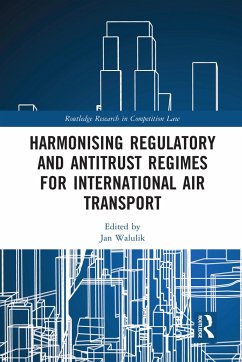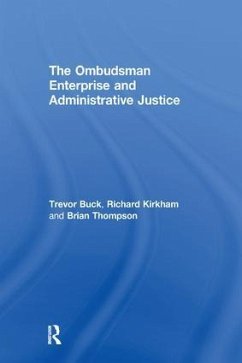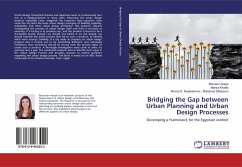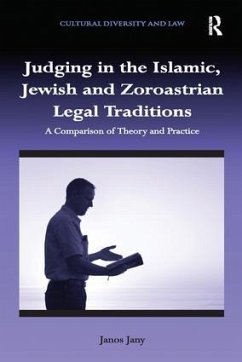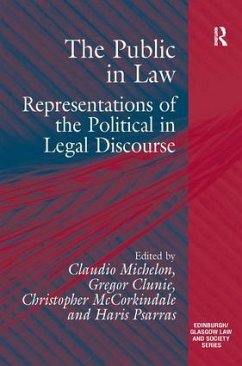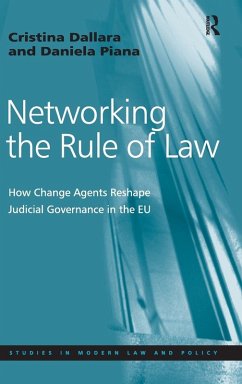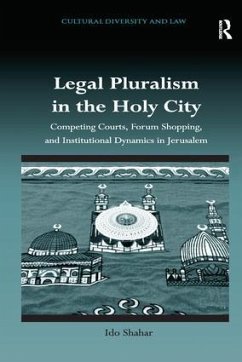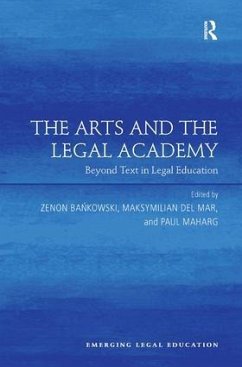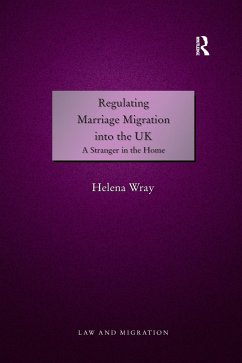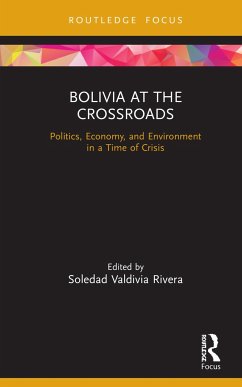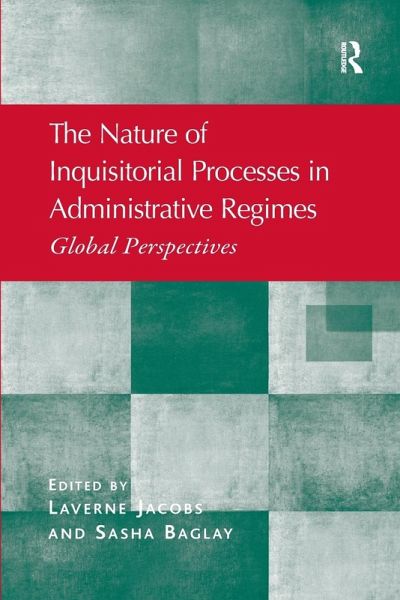
The Nature of Inquisitorial Processes in Administrative Regimes
Global Perspectives
Versandkostenfrei!
Versandfertig in 1-2 Wochen
56,99 €
inkl. MwSt.

PAYBACK Punkte
28 °P sammeln!
'Inquisitorial processes' refers to the inquiry powers of administrative governance and this book examines the use of these powers in administrative law across seven jurisdictions. The book brings together recent developments in mixed inquisitorial-adversarial administrative decision-making on a hitherto neglected area of comparative administrative process and institutional design. Reaching important conclusions about their own jurisdictions and raising questions which may be explored in others, the book's chapters are comparative. They explore the terminology and scope of the concept of inqui...
'Inquisitorial processes' refers to the inquiry powers of administrative governance and this book examines the use of these powers in administrative law across seven jurisdictions. The book brings together recent developments in mixed inquisitorial-adversarial administrative decision-making on a hitherto neglected area of comparative administrative process and institutional design. Reaching important conclusions about their own jurisdictions and raising questions which may be explored in others, the book's chapters are comparative. They explore the terminology and scope of the concept of inquisitorial process, justifications for the use of inquiry powers, the effectiveness of inquisitorial processes and the implications of the adoption of such powers. The book will set in motion continued dialogue about the inherent challenges of balancing policy goals, fairness, resources and institutional design within administrative law decision-making by offering theoretical, practical and empirical analyses. This will be a valuable book to government policy-makers, administrative law decision-makers, lawyers and academics.



